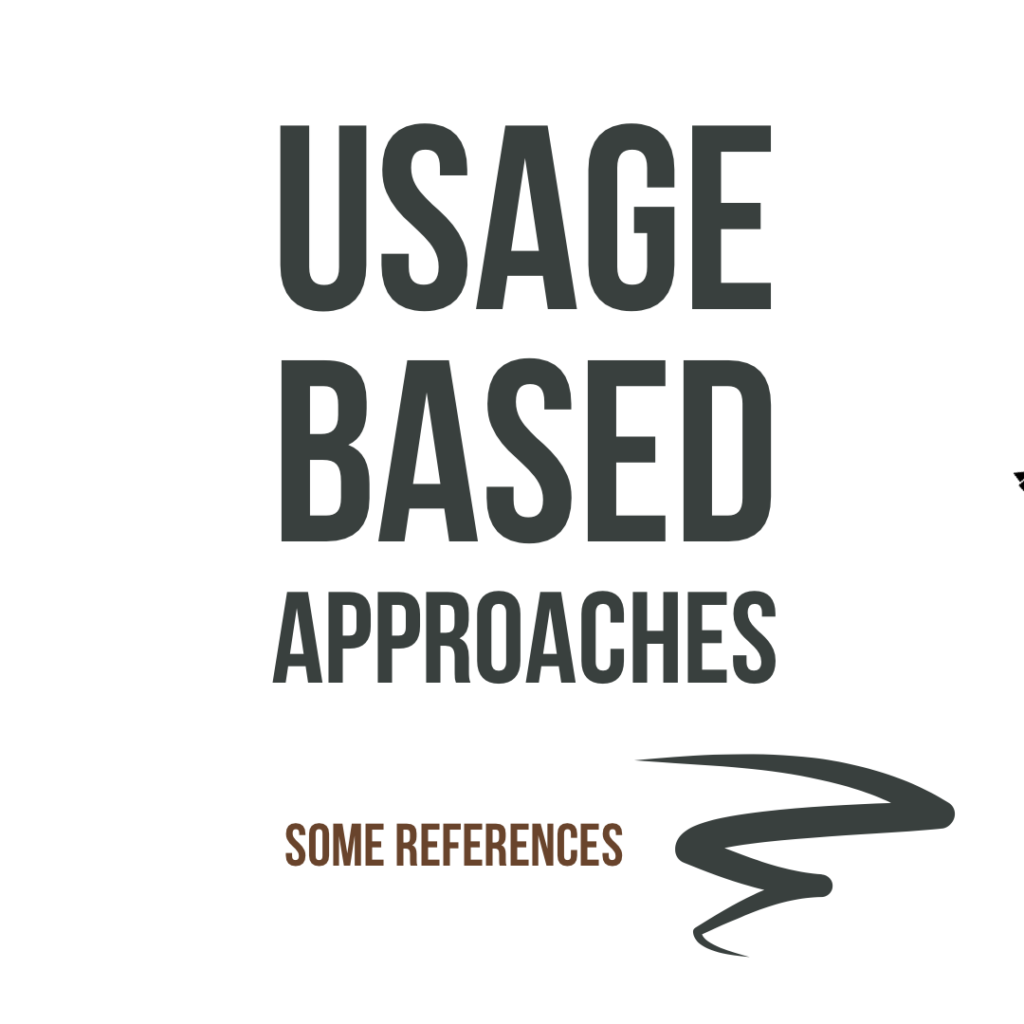A corpus-driven analysis of certainty stance adverbs: Obviously, really and actually in spoken native and learner English
Pascual Pérez-Paredes & Camino Bueno-Alastuey
A corpus-driven analysis of certainty stance adverbs: Obviously, really and actually in spoken native and learner English
Pascual Pérez-Paredes & Camino Bueno-Alastuey
So happy to contribute to this volume on populist discourse:
Pérez-Paredes, P. (2019). Little old UK voting Brexit and her Austrian friends: A corpus-driven analysis of the 2016 UK right-wing tabloid discourse. In Hidalgo, Benítez & De CEsare (eds.) Populist Discourse. Critical Approaches to Contemporary Politics, 1st Edition. London: Riutledge.
The volume has been edited by Edited by Encarnación Hidalgo Tenorio, Miguel-Angel Benitez-Castro and Francesca De Cesare.

Ellis, N. (2017) Chapter 6 – Chunking in Language Usage, Learning and Change: I Don’t Know from Part III – Chunking. Edited by Marianne Hundt, Universität Zürich, Sandra Mollin, Universität Heidelberg, Simone E. Pfenninger, Universität Salzburg. Cambridge University Press, pp 113-147
https://doi.org/10.1017/9781316091746.006
Ellis, N. (2017). Cognition, Corpora, and Computing: Triangulating Research in Usage‐Based Language Learning. Language Learning, 67(S1), 40-65.
Ellis, Nick C., & Ferreira-Junior, Fernando. (2009). Construction Learning as a Function of Frequency, Frequency Distribution, and Function. Modern Language Journal, 93(3), 370-385.
Tyler, A. (2010). Usage-Based Approaches to Language and Their Applications to Second Language Learning. Annual Review of Applied Linguistics, 30, 270-291.
Tyler, A., & Ortega, L. (2016). Usage-based approaches to language and language learning: An introduction to the special issue. 8(3), 335-345.
Tyler, A. (2018). Nick C. Ellis Ute Römer Matthew Brook O’Donnell: Usage-based approaches to language acquisition and processing: Cognitive and corpus investigations of construction grammar. Cognitive Linguistics, 29(1), 155-161.
Weber, Kirsten Morten H. Christiansen Peter Indefrey Peter Hagoort (2018) Primed From the Start: Syntactic Priming During the First Days of Language Learning. Language Learning. https://doi.org/10.1111/lang.12327
Oxford-Cambridge PhD students’ exchange seminar.
Department of Education, University of Oxford. June 1, 2018.
Keynote: Education and learning research in the age of complexity and fragmentation: an introspection
On 1 June 2018 I had the privilege to deliver a keynote on the Oxford-Cambridge PhD in Education exchange. I discussed the impact of the ideas of complexity and fragmentation on my own research and how my PhD students understood complexity.
I came up with a 6-point desideratum that was used as the basis for the ensuing discussion:
(1) Research is becoming more interdisciplinary and discipline boundaries tend to disappear.
(2) Collaboration with other researchers is essential.
(3) Re-examine constantly your ontology and epistemology. I´m in favour of a dynamic ontology / epistemology. Think critically at your work through the eyes of differing epistemologies (and ontology).
(4) Go deeper into the basic foundations of your discipline. But make sure it´s you and not somebody else guiding that reflection and
(5) Explore the limits of your discipline and themes.
(6) Attention is your best asset. Attention needs to be strategic.
Some references used in my talk
Douglas Fir Group (Atkinson, D.; Byrnes, H.; Doran, M.; Duff, P.; Ellis, Nick C.; Hall, J. K.; Johnson, K.; Lantolf, J.; Larsen-Freeman, D.; Negueruela, E.; Norton, B.; Ortega, L.; Schumann, J.; Swain, M.; Tarone, E.) (2016). A transdisciplinary framework for SLA in a multilingual world. Modern Language Journal, 100, 19-47.
Greene, M. T. (2003). What cannot be said in science. Nature, 388(6643), 619-620.
Greene. (2007). The demise of the lone author. Nature, Nature, 2007
Larsen-Freeman, D. (2012). Complex, dynamic systems: A new transdisciplinary theme for applied linguistics? Language Teaching, 45(2), 202-214.
Williams, J. (2018). Stand out of our lights. Cambridge: Cambridge University Conference.
You can download my presentation here.
Requested by one of my students, a selection of 5 recent papers on Data-driven learning and the use of corpora in language education.
Ballance, O. J. (2017). Pedagogical models of concordance use: correlations between concordance user preferences. Computer Assisted Language Learning, 30(3-4), 259-283. (Link)
Boulton, A. (2017). Corpora in language teaching and learning. Language Teaching, 50(4), 483-506. (Link)
Boulton, A., & Cobb, T. (2017). Corpus Use in Language Learning: A Meta‐Analysis. Language Learning, 67(2), 348-393. (Link)
Godwin-Jones, R. (2017). Data-informed language learning. Language Learning & Technology, 21(3), 9–27. (Link)
Lee, H., Warschauer, M., & Lee, J. H. (2018). The Effects of Corpus Use on Second Language Vocabulary Learning: A Multilevel Meta-analysis. Applied Linguistics. (Link)